
These books are about people who tried their hand at smuggling drugs, got set up as unwitting mules, or just used them recreationally, but managed to gewere pinched in the worst possible places, where human rights are a joke and survival is a daily fight. For the most part, we’re not talking about fiction. These stories are about real people who got busted for drug-related crimes far from home and did some of the hardest time imaginable. Most of them are the first to confess their guilt yet a few of them are innocent or at least defensible – though justice was never once served. In some cases, a death sentence would have been far more humane. Also worth noting, this is also not about religious or political captives or prisoners of war. These books are about private citizens who danced with the devil, got caught, and barely managed to crawl back out of hell to tell their stories.
No matter how they come about these titles, a reader rarely just picks up one. Brits, Looneys (Canadians,) Kiwis, Swedes, Frogs (sorry) – they come from every country. Cambodia, Thailand, Nicaragua, Costa Rica, South Africa, Peru; they pick up these books at hostels, battered copies at little used book stores along the backpacker circuit, or grab counterfeit copies off the street for a dollar or two. They devour them in a couple of days, while smoking fags and drinking pints in cafes or on the beach. Then, they tell their equally eclectic friends and move on to the next book in the genre.
Maybe it's pure Schadenfreude, or perhaps we globe trotters we've all made mistakes or associated with people that could have landed us in the same situations with a bad roll of the dice. Acute fear is a strange thing - unnervingly repulsive and yet we can't bring ourselves to look away. And so is the darkness of human imagination, for I dare you to read these and not think, "What would I do if that happened to me? Would I survive?"
Here are the top 8 books about travelers incarcerated in foreign prisons for drug offenses. I listed them by their popularity (number of reviews) on Amazon.com, and a quick bio so you know what they're all about.
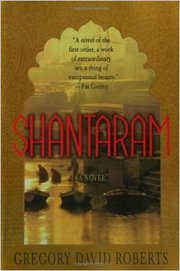
By Gregory David Roberts.
Note: This book garnered almost mythical intrigue among travelers, who mostly thought it was nonfiction. It turns out it's a novel, though possibly based on a true story or inspired by true events. Whatever the case, it's a wild read!
"It took me a long time and most of the world to learn what I know about love and fate and the choices we make, but the heart of it came to me in an instant, while I was chained to a wall and being tortured." So begins this epic, mesmerizing first novel set in the underworld of contemporary Bombay. Shantaram is narrated by Lin, an escaped convict with a false passport who flees maximum security prison in Australia for the teeming streets of a city where he can disappear.
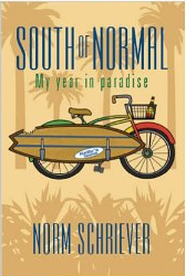
By Norm Schriever.
Frustrated and unfulfilled with his comfortable existence in the States, successful businessman Norm Schriever knows there is something more he is supposed to do with his life. So, he quits his job, sells and donates all of his possessions, and moves down to Tamarindo, Costa Rica, with nothing but a laptop and a surfboard, vowing to chase his long-forgotten dream of being a writer. But before he even arrives, his one and only gringo friend in Costa Rica is set up by a corrupt local attorney and thrown in a horrid local prison. Starting on his first day in town, Norm has to spend way too much "quality time" visiting his friend in that prison, where he's locked in with the other inmates. Norm soon finds that paradise has its dark side, and the perfect life in a little seaside town isn't always as easy as it seems. Whether it's adapting to the local customs and the language barrier, dodging lawless drug traffickers and corrupt cops, or helping to keep his friend alive in prison, Norm always keeps his sense of humor and forges ahead, intent on finding the paradise he has been looking for.
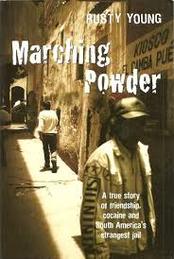
By Thomas McFadden and Rusty Young.
Rusty Young was backpacking in South America when he heard about Thomas McFadden, a convicted English drug trafficker who ran tours inside Bolivia's notorious San Pedro prison. Intrigued, the young Australian journalist went to La Paz and joined one of Thomas's illegal tours. They formed an instant friendship and then became partners in an attempt to record Thomas's experiences in the jail. The result is Marching Powder.
This book establishes that San Pedro is not your average prison. Inmates are expected to buy their cells from real estate agents. Others run shops and restaurants. Women and children live with imprisoned family members. It is a place where corrupt politicians and drug lords live in luxury apartments, while the poorest prisoners are subjected to squalor and deprivation. Violence is a constant threat, and sections of San Pedro that echo with the sound of children by day house some of Bolivia's busiest cocaine laboratories by night. In San Pedro, cocaine--"Bolivian marching powder"--makes life bearable.

By Howard Marks
During the mid 1980s Howard Marks had 43 aliases, 89 phone lines, and owned 25 companies throughout the world. Whether bars, recording studios, or offshore banks, all were money laundering vehicles serving the core activity: dope dealing. Marks began to deal small amounts of hashish while doing a postgraduate philosophy course at Oxford, but soon he was moving much larger quantities. At the height of his career he was smuggling consignments of up to 50 tons from Pakistan and Thailand to America and Canada and had contact with organizations as diverse as MI6, the CIA, the IRA, and the Mafia. This is his extraordinary story.

By Billy Hayes and William Hoffer.
Midnight Express tells the gut-wrenching true story of a young man’s incarceration and escape from a Turkish prison. A classic story of survival and human endurance, told with humor, honesty, and heart, it became the Academy Award-winning blockbuster film of the same name.
In 1970 Billy Hayes was an English major who left college in search of adventures to write about, like his hero Jack London. He had a rude awakening when he was arrested at the airport in Istanbul trying to board a plane while carrying four pounds of hashish, and given a life sentence. After five brutal years, relentless efforts by his family to gain his release, and endless escape plotting, Hayes finally took matters into his own hands. On a dark night, in a wailing storm he began a desperate and daring escape to freedom…
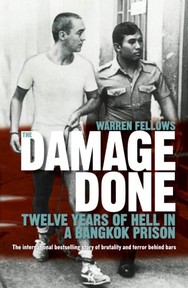
By Warren Fellows.
In 1978 Warren Fellows, Paul Hayward and William Sinclair were convicted of heroin trafficking between Thailand and Australia. They were sentenced to life imprisonment in Bangkok's notorious Bang Kwang men's prison, the Bangkok Hilton. For Warren Fellows, it was the beginning of twelve years of hell.
The Damage Done takes you behind the bars of a Bangkok prison. A place where sewer rats and cockroaches are the only nutritious food, where autocratic prison guards giggle as they deliver pulverising blows and where the worst punishment by far is the khun deo - solitary confinement, Thai style.
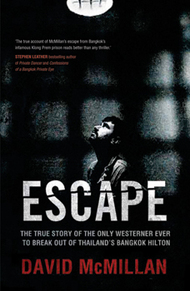
By David McMillan.
Among the 600 foreigners jailed in the 'Bangkok Hilton', one man resolves to do what no other has done: Escape. This is the true story of drug smuggler David McMillan’s perilous break-out from Thailand’s most notorious prison. After more than a year in prison and two weeks before a near-certain death sentence, McMillan escapes, never to be seen in Thailand again.
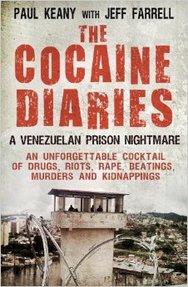
By Jeff Farrell and Paul Keany.
'It won't happen to me. That's what I thought when I got on the plane to Venezuela. But it did - I got caught.'
Caught smuggling half a million euros' worth of cocaine, Paul Keany was sexually assaulted by Venezuelan anti-drugs officers before being sentenced to eight years in the notorious Los Teques prison outside Caracas. There he was plunged into a nightmarish world of coke-fuelled killings, gun battles, stabbings, extortion and forced hunger strikes until finally, just over two years into his sentence, he gained early parole and embarked on a daring escape from South America...


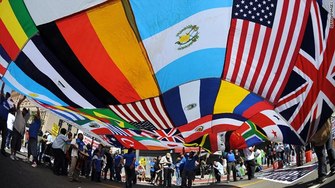
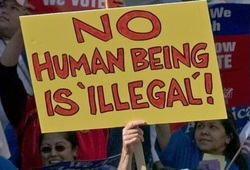
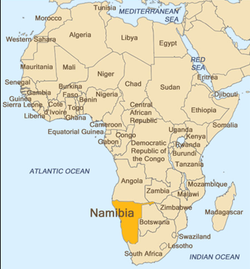
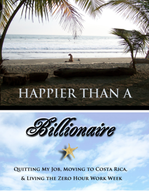
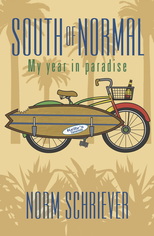
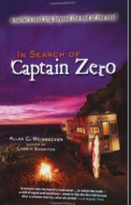
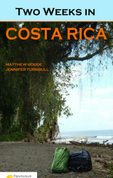
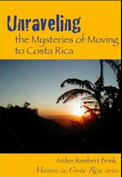
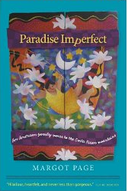
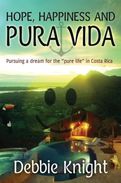
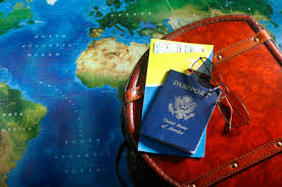

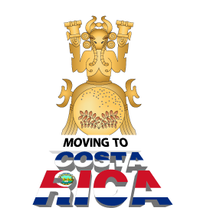
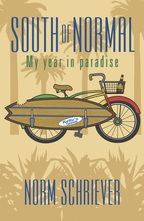
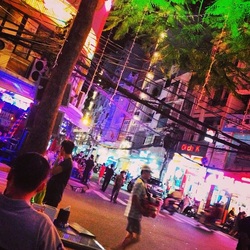
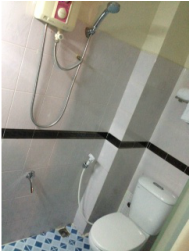
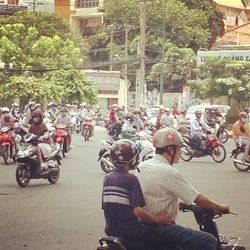
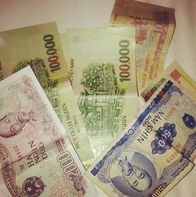


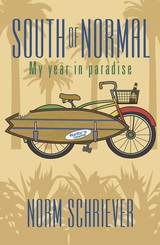

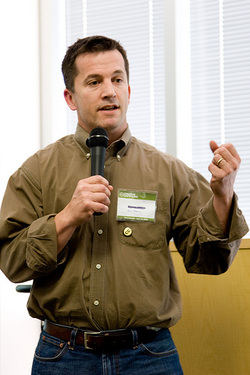
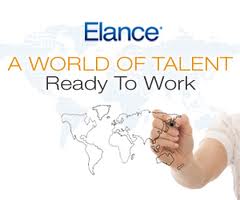
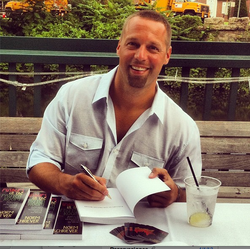

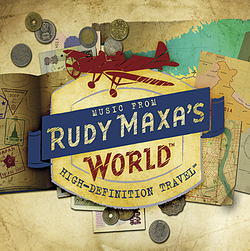

 RSS Feed
RSS Feed